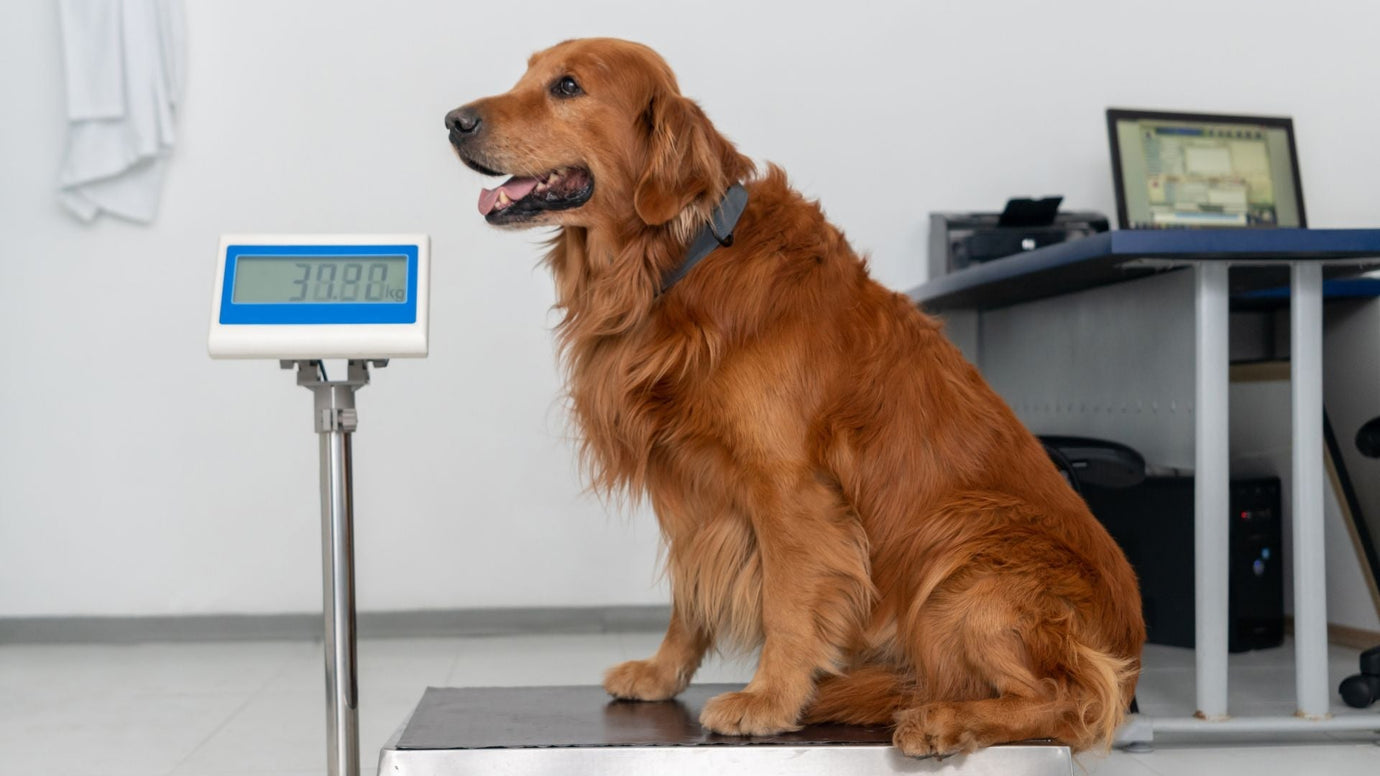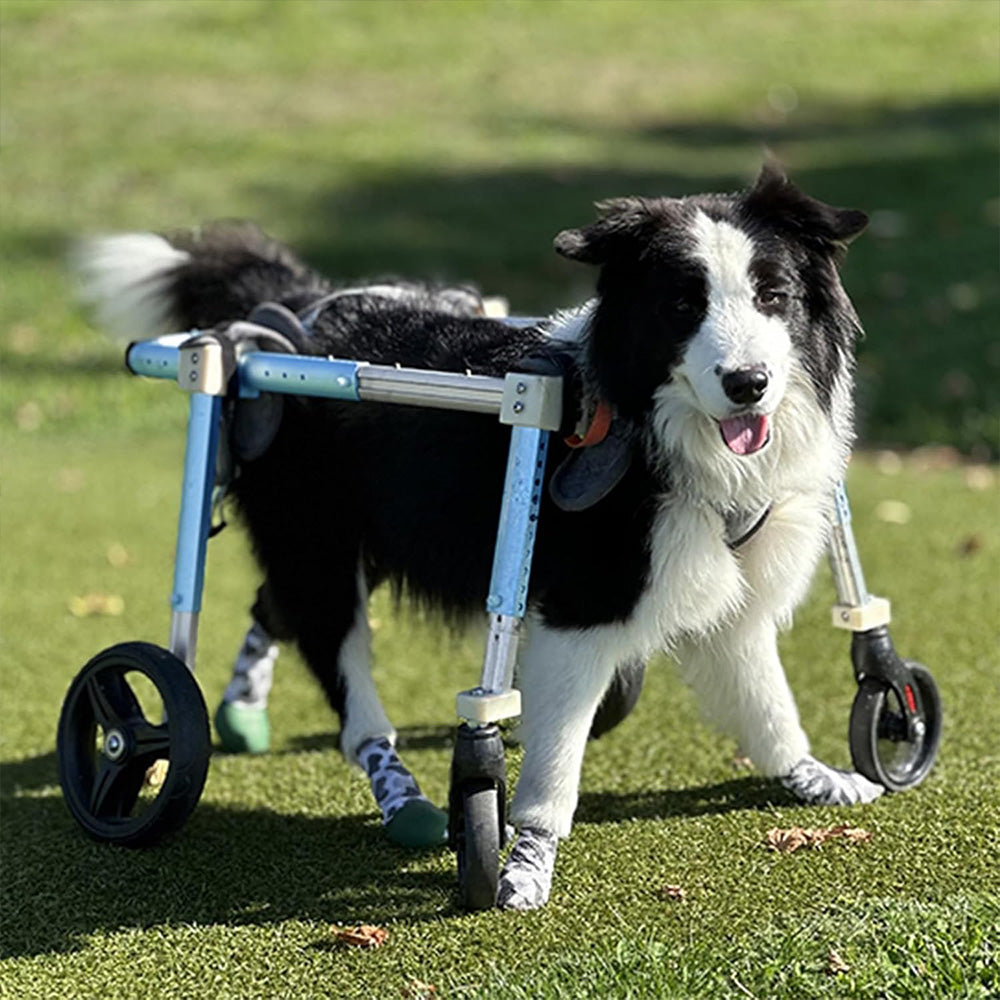Nutrition for Senior Dogs: What Changes as They Age?
As our beloved canine companions enter their golden years, their needs evolve, and nowhere is this more evident than in their diet. Just like humans, aging dogs experience physiological changes that necessitate adjustments to their nutrition. Providing the right diet for your senior dog isn't just about keeping them fed; it's about optimizing their health, managing age-related conditions, and ensuring they enjoy their later life with comfort and vitality. This article will delve into the crucial nutritional shifts that occur as dogs age, guiding you through how to adapt their diet to support their changing bodies and minds.
When is a Dog Considered Senior?
Defining the start of a dog's senior years isn't a one-size-fits-all answer. Generally, it depends on their breed and size. Smaller breeds tend to live longer and are considered senior around 7-10 years of age, while larger breeds have shorter lifespans and may be considered senior as early as 5 or 6 years old. However, age is just a number, and individual dogs will show signs of aging differently. These signs can include graying around the muzzle, decreased energy levels, and changes in vision or hearing.
Key Nutritional Changes as Dogs Age
As dogs age, their bodies undergo a series of changes that impact their nutritional requirements. Understanding these changes is the first step in providing a diet that supports their health and well-being.
Metabolism and Calorie Needs
A senior dog's metabolism naturally slows down, meaning they require fewer calories to maintain a healthy weight. This, combined with a potential decrease in activity levels, puts them at a higher risk of obesity. Excess weight can exacerbate many age-related health issues, particularly arthritis and joint problems. Therefore, it's crucial to adjust their caloric intake to prevent weight gain.
Muscle Mass and Protein
Sarcopenia, the age-related loss of muscle mass, is a common issue in senior dogs. To counteract this, a diet rich in high-quality, easily digestible protein is essential. Protein provides the building blocks for muscle maintenance and repair, helping to keep your senior dog strong and mobile.
Digestive System Changes
The digestive system of an older dog can become less efficient at absorbing nutrients. This makes it even more important to provide a diet with highly digestible ingredients. Some senior dogs may also develop sensitivities to certain foods they previously tolerated well.
Dental Health
Dental issues are prevalent in senior dogs and can significantly impact their ability to eat. Painful gums, loose teeth, or tooth loss can make chewing dry kibble difficult. In such cases, softer foods or smaller kibble sizes may be necessary to ensure they can eat comfortably.
Joint Health
Arthritis and joint stiffness are common complaints for senior dogs. A diet supplemented with joint-supporting nutrients like glucosamine, chondroitin, and omega-3 fatty acids can help reduce inflammation and improve mobility.
Organ Function
The function of vital organs like the kidneys, heart, and liver can decline with age. Specific dietary modifications, such as controlled phosphorus levels for kidney support or reduced sodium for heart health, may be necessary to manage these conditions.
Immune System
A senior dog's immune system may not be as robust as it once was, making them more susceptible to infections and illnesses. A diet rich in antioxidants, such as vitamins E and C, can help support a healthy immune system.
Choosing the Right Senior Dog Food
With a plethora of senior dog foods on the market, choosing the right one can be overwhelming. Here’s what to look for:
- High-Quality Protein: Look for named meat sources (e.g., chicken, lamb, fish) as the first ingredients.
- Appropriate Fat Content: Lower fat content is generally recommended to prevent weight gain, but healthy fats like omega-3s are beneficial.
- Fiber: Adequate fiber from sources like beet pulp or psyllium can aid in digestive health.
- Essential Vitamins and Minerals: Ensure the food is fortified with vitamins and minerals appropriate for senior dogs.
- Joint Support: Many senior formulas include glucosamine and chondroitin.
Wet food can be a good option for senior dogs with dental issues or those who need extra hydration. Home-cooked diets can also be beneficial, but it's crucial to consult with a veterinarian or a veterinary nutritionist to ensure the diet is complete and balanced.
Feeding Strategies for Senior Dogs
How you feed your senior dog is just as important as what you feed them.
Portion Control: Follow the feeding guidelines on the food packaging, but adjust as needed to maintain a healthy weight. Your veterinarian can help you determine the right portion size.
Meal Frequency: Two smaller meals a day are often better than one large meal, as this can aid digestion.
Hydration: Ensure fresh, clean water is always available. If your dog isn't drinking enough, consider adding water to their food or using a pet water fountain.
Picky Eaters: If your senior dog becomes a picky eater, try warming their food slightly to enhance the aroma or adding a small amount of a tasty, healthy topper.
Supplements for Senior Dogs
While a balanced senior diet should provide most of the necessary nutrients, some dogs may benefit from additional supplements. Always consult your veterinarian before adding any supplements to your dog's diet.
When to Consult Your Veterinarian
Regular veterinary check-ups are crucial for senior dogs. You should also consult your vet if you notice any of the following:
- Sudden changes in appetite or weight
- Persistent digestive issues (vomiting, diarrhea)
- Increased difficulty with mobility
- Any new or worsening health concerns
Conclusion
Proper nutrition is a cornerstone of a healthy and happy life for your senior dog. By understanding their changing needs and working closely with your veterinarian, you can provide a diet that supports their well-being and allows you to cherish your time together for years to come.
FAQs
What's the best food for a senior dog with kidney disease?
For dogs with kidney disease, a prescription renal diet is typically recommended. These diets are low in phosphorus and protein to reduce the workload on the kidneys. Always consult your veterinarian for a specific recommendation.
How often should I feed my senior dog?
Feeding two smaller meals a day is generally recommended for senior dogs to aid digestion and help manage hunger.
Can I still give my senior dog treats?
Yes, but choose healthy, low-calorie treats and account for them in your dog's daily caloric intake. Soft treats are a good option for dogs with dental issues.
How can I tell if my senior dog is overweight?
You should be able to feel your dog's ribs without pressing too hard, and they should have a visible waistline when viewed from above. Your veterinarian can help you assess your dog's body condition.
Is grain-free food better for senior dogs?
Not necessarily. Unless your dog has a specific grain allergy, there is no proven benefit to a grain-free diet. In fact, some studies have suggested a potential link between grain-free diets and heart disease in dogs. It's best to consult your veterinarian about the most appropriate diet for your individual dog.
References:






